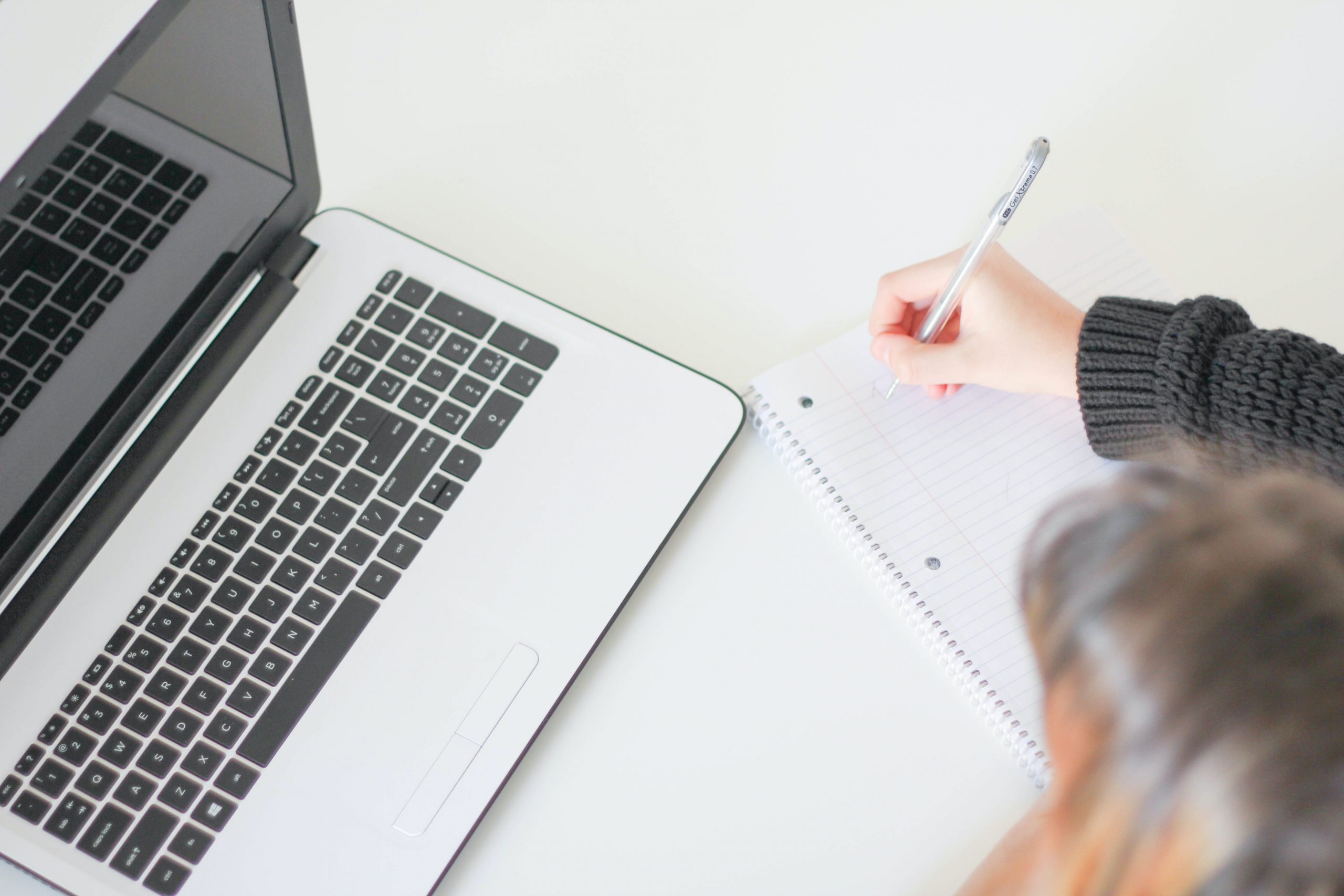 Coping with Distanced Learning During COVID-19
Coping with Distanced Learning During COVID-19
By Aspasia Hotzoglou, P.h.D.
You may be excited about no longer needing to walk to your chemistry class if your semester is being completed online. However, distance learning is not easy and for many students feels very different than being in a lecture hall. If you are distance learning this semester it may mean that you are living at home with your family instead of in your dorm. The following are some tips on how to cope with distance learning over the next semester.
Give Yourself Time to Adjust
It can feel challenging to spend hours in front of a screen. You may find it difficult to concentrate on virtual lectures rather than in person. Make your study space-efficient by sitting on a chair at a table or desk, rather than in your bed or on your couch. Try to use the same study space daily. Minimize distractors such as your phone and social media while viewing lectures or studying. Notice negative thoughts such as “I can’t do this” and restructure to “I will get used to this over time.”
Set Boundaries With Your New “Roommates”
Living and completing coursework at home can feel strange. You’re probably not used to having your professors in your living room with parents, siblings, and pets! Have a conversation with your family about your needs. For example, your need to have quiet study time or your need for some time alone.
Repeat: This is Temporary
Distance learning might not be the way you pictured completing last semester or the current semester. On the upside, it makes it possible for you to continue your education. Remind yourself (multiple times a week if needed) that this format is temporary. Notice negative predictions about distance learning and consider positive or neutral predictions about your semester. Challenge yourself to make the best of this time by focusing on potential benefits like reconnecting with family, having time for a new hobby, or saving money.
Leave the House at Least Once Per Day
You are living, attending class, and studying from home. It can be easy to forget to leave the house! Be sure to take a walk around your neighborhood at least once a day or pick up your favorite take out from a local restaurant.
Notice Loneliness
Typical day to day interactions such as seeing classmates, going out with friends, and buying coffee may not be easily occurring in your area. It is normal to want daily connections with others and to be missing your friends. Keep up with virtual contact and plan for home-based activities with members of your household.
Take Advantage of Telehealth Services
Everyone feels anxious or depressed sometimes. If you find that you are worried or sad multiple times a week reach out for help. New York Project Hope is an emotional support helpline and Coping Circles is a tele-group formed to help people who are struggling with the pandemic. You may also consider setting up an appointment with a licensed professional such as a psychologist.
Aspasia Hotzolgou, Ph.D., Dr. Aspasia Hotzoglou is a New York state licensed psychologist. She practices full-time at the American Institute for Cognitive Therapy and is currently providing telehealth sessions over zoom. She is trained in cognitive-behavioral therapy (CBT) and dialectical behavior therapy (DBT) and works with young adult and adult aged clients. Dr. Hotzoglou specializes in helping individuals suffering from anxiety and mood disorders, trauma, and anger-related issues. Check out Dr. Hotzoglou’s complete bio here.

 Coping with Distanced Learning During COVID-19
Coping with Distanced Learning During COVID-19
